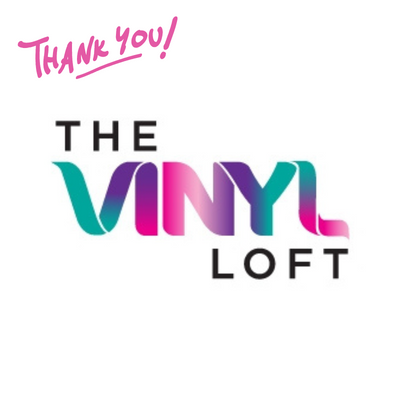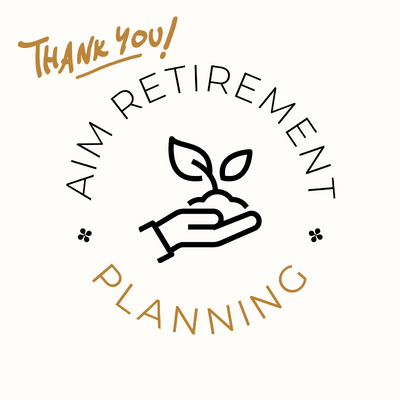The Anxious Generation
“We have overprotected our children in the real world and under protected them online.”
American social psychologist Dr Jonathon Haidt in his book “The Anxious Generation” explores the impact of smart phones on the mental health and wellbeing of our children.
Haidt (2024), reflects that in giving children a Smart phone we effectively give them the internet in the pocket and equip them with a TV, Walkie Talkie and sound system that can play all their favourite tunes entertaining or distracting them on command.
This causes me to wonder, has this entertainment device also become a companion. We can ask Siri questions or converse with a Chatbot, we reach for it if we are bored, want to share a story or comment on another’s story, we engage with it when we are curious, if we’re overwhelmed or need time out; instead of phoning a friend the phone becomes like a friend.
Have you ever seen or experienced living life in parallel to others? Sharing the same physical space we can be engaged with our devices having little or no interaction with the people we are sitting with. We can find ourselves getting excited about sharing what we see online, including random people’s stories and experiences rather than connecting deeply with others through our own narrative and experiences. In my own household of two adults, we have called each other to account from time to time when more attention is given to the online world than the person sitting beside us.
In the 2008 Pixar film WALL-E. Humanity has broken the world and exists on a spaceship happily moving around on automated chairs, fed liquid meals on demand, with virtual reality their only friend, each person living (floating) alongside humanity with no human connection. Sounds extreme, but I wonder if we have found ourselves living a little like this. What does our behaviour teach our children and young people about human connection? And what is missing for young people in such a society?
“The phone is an experience blocker. You spend a lot less time in the presence of other people. You’re not with your friends. You’re sleeping less, you’re in nature less, you read fewer books, you don’t have time for anything else, you have less of almost everything.”
It is a well-researched fact that Smart phones enable addiction, creating a convenient pathway to social media, gaming, pornography, online shopping, and gambling. A world carefully designed to disengage us from reality with a ‘’slight of hand approach to lengthening our stay via algorithms that predict our behaviour, to prevent us from closing the App and disengaging.
The smart phone was released in 2008, and since then has become a device that people cannot do without. These devices connect the user directly to a world that has its own rules, arbitrarily decided by multi-million dollar companies without any legislation forcing them to protect the minds of young people. What has become worrying is that in a busy world where adults are trying to protect their children by supplying them with phones to keep them safe we have inadvertently put an unrestricted connection to the world in their pockets.
As a part of our Find Your North Wellbeing program, TLC have for many years, engaged and collaborated with Eyes Open Social Media Safety to provide social media education workshops for Year 7, 8 and 10. Our young influencers attend age appropriate interactive presentations that educate them on the possible risks and dangers associated with social media and gaming accounts. Prior to the sessions, the facilitators research publicly available social media content on our students and present a video that demonstrates what they could access and how this content could be used.
Below is a quote from a 14-year-old girl brought up in a loving and protective family. She shares her struggles with Dr Haidt:
“I was ten years old when I watched porn for the first time. I found myself on Pornhub, which I stumbled across by accident and returned to out of curiosity. The website has no age verification, no ID requirement, not even a prompt asking me if I was over 18. The site is easy to find, impossible to avoid, and has become a frequent rite of passage for kids my age. Where was my mother? In the next room making sure I was eating nine different coloured fruits and vegetables on the daily. She was attentive, nearly a helicopter parent, but I found porn anyway. So did my friends.” [The Anxious Generation 2024]
Terrifying! This becomes more confronting when you realise that much of what is now being consumed online is AI generated, fake news, fake people in an artificial reality. Adolescents will always go in search of answers to the questions they feel they cannot ask their families. Once upon a time they gained misinformation from their mates at lunchtime, now they can tap into an unfathomable world of uncensored, unresearched, untested information and opinions, with a few taps of a screen.
While Haidt paints a grim picture of the impact on young people he does believe that we can arrest the damage, but it will take the whole village. His advice is simple and set to empower parents, carers and educators to take a stand.
- No SMART phone before 14 – Don’t give a child the internet in their pocket (Flip Phones still exist)
- No social media until 16 – get through puberty first
- Phone Free schools
- Far more independence free play and responsibility in the real world.
The book ‘The Anxious Generation’, is an easy read filled with common sense. I urge you to take the time to consider these four positive changes and resist the urge to think this will never happen to your young person. Finally, imagine if these four changes were the norm across our community, what level of freedom our young people would have to grow up without the toxicity of online criticism and public opinion eating away at their self-esteem. We would gift them with more opportunity to engage in life, learning how to manage relational challenge in an environment where the network of care (parents, carers and school) all have a voice.
Every blessing.
Nicole Gregory | Principal












